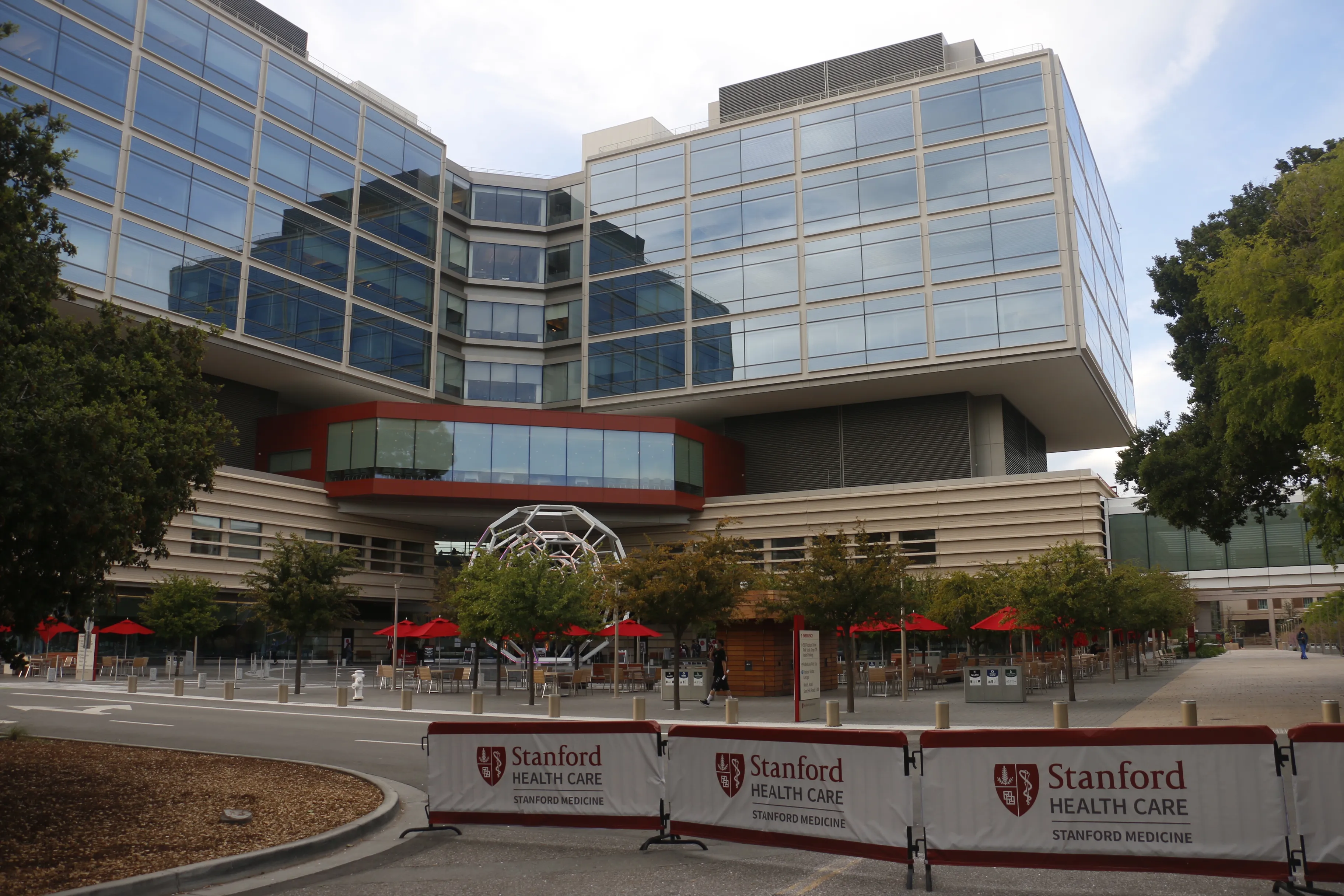Physicians and scientists at the Stanford School of Medicine discussed their current understanding of COVID-19 and answered questions about ongoing measures and policies meant to control the disease. The talk, held over Zoom on Thursday, was aimed at contextualizing publicly available data and news, as well as updates on Stanford Hospital, which has seen fewer COVID-19 patients than expected.
Assistant professor of medicine Lisa Goldman Rosas moderated a panel of five health experts. Four of the experts were Stanford professors: Julie Parsonnet, Melissa Bondy, Steven Goodman and Yvonne Maldonado. The fifth was Evelyn Ho, who has worked in the medical school as the managing director of Cardinal Free Clinics and is now the lead public information officer for the Santa Clara County Public Health Department.
Parsonnet, a medical doctor who focuses on infectious disease and testing, questioned recent antibody tests led by Stanford researchers. The results show large numbers of infected people and low fatality rates, but Parsonnet said these seroprevalence studies have included non-negligible false-positive rates.
“When the prevalence of disease is low and the number of people in the population that are infected or have been infected is quite low, then you get a lot of false-positive tests,” Parsonnet said. “And on an individual level, it’s hard to tell somebody what to do with that number.”
Going forward, Parsonnet envisions more high-quality testing and the development of a COVID-19 “passport system” for low-risk and previously infected people.
Ho compared the current policy of stay-at-home orders to spraying of fire retardant over vast areas — generalized and brute-force.
“It is a broad, far-reaching intervention that we use, with the goal of ultimately moving back toward a more surgical containment approach at scale,” Ho said. “We’re going to need broad containment efforts as we move forward, because we know we can’t stay in this mitigation approach for a long time.”
She described the county’s process of random testing of patients with flu-like systems and surveillance of sick patients. This process led them to close gatherings and eventually issue an emergency shelter-in-place order in order to prevent hospitals from becoming overwhelmed.
As a result of the cancellation of normal surgeries and destination healthcare, combined with lower amounts of coronavirus patients than originally feared, Bay Area hospitals and emergency rooms are largely empty. Now Stanford Hospital is taking steps to reopen for elective surgeries and encourage people to come in for normal emergencies, requiring those getting surgeries to take COVID-19 tests a few days before they are scheduled to get their procedure.
In the absence of testing, there are few reliable ways to determine the presence of coronavirus. In her slideshow, Maldonado clarified the features that differentiate SARS-CoV-2 from other coronaviruses and COVID-19 from infectious illnesses like the common flu.
“If you have difficulty breathing or have a high fever, seek medical advice as soon as possible, and then call your provider to inform them of your symptoms,” Maldonado said.
Goodman, an epidemiologist, said that “this is science in progress,” and that scientists still have a very poor understanding of the virus’ spread within the population and within peoples’ bodies.
Goodman said that testing and high-quality seroprevalence studies take time, and neither scientists nor policymakers have a complete understanding of COVID-19.
“This is still an evolving story; we have information coming out literally every day that has a bearing on this,” Goodman said. “And I will say that some claims that the infection fatality rate is near the rate for flu are, right now, very uncertain and somewhat controversial.”
As the curve flattens and reopening begins, there is work ahead. Parsonet concluded the town hall by looking forward.
“We have a lot of work to do but we are making a ton of progress and will have better ideas about how to protect the vulnerable as the months –– no, weeks — go by,” Parsonnet said.
Contact Cooper Veit at cveit ‘at’ stanford.edu.
